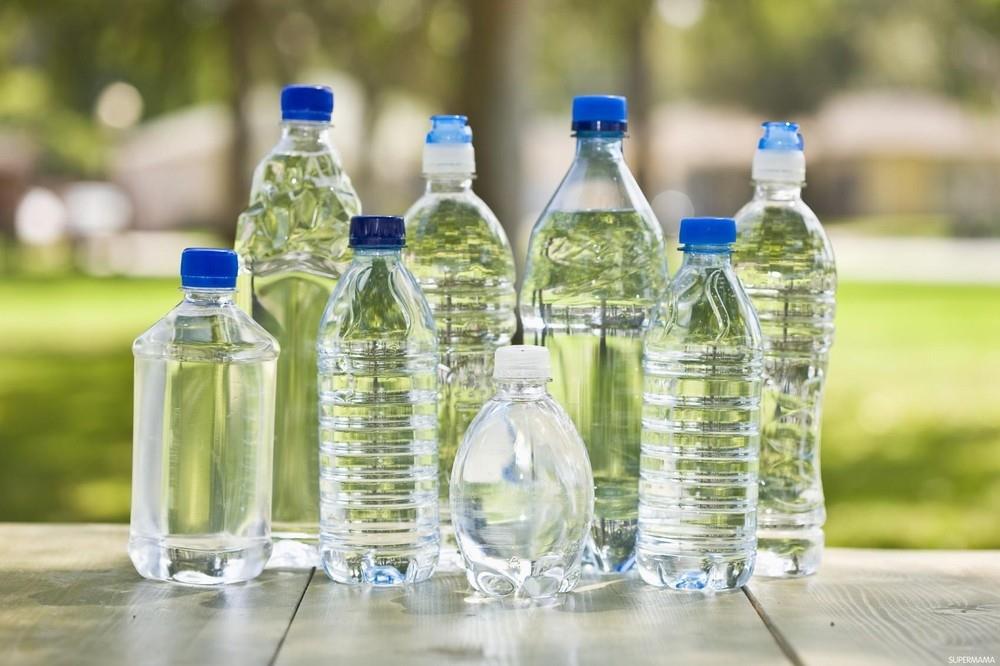
Lack Of Fluoride Drinking Water Raises Oral Health Concerns
DOHA: A senior official the Primary Health Care Corporation (PHCC) has raised concerns about the low levels-or complete absence - of fluoride in Qatar's drinking water, warning that this could pose significant oral health risks, especially for children and high-risk groups.
Manager of Oral Health Promotion & Prevention at PHCC, Dr. Najat Alyafei highlighted that“the majority of Qatar's population relies heavily on bottled water as their main source of daily drinking water whether at home, in schools, or at workplaces,” yet most of this water lacks fluoride - an essential element in preventing dental decay.
“Fluoride is a naturally occurring mineral that has been scientifically proven to strengthen tooth enamel and prevent cavities, particularly among children during their growth years,” she said, noting that global health bodies like the World Health Organisation (WHO) recommend fluoride levels of 0.5 to 1.0 parts per million in drinking water for effective protection against tooth decay.
Dr. Najat Alyafei
However, Dr. Alyafei warned that such recommendations were developed based on country-specific data and should not be applied directly to Gulf countries like Qatar without proper adaptation.
“They must be tailored to fit the environmental, demographic, and health characteristics of our population,” she emphasised.
Recent scientific studies conducted in Qatar revealed a wide variation in fluoride levels among bottled water brands, with some showing“very low or even negligible amounts.” Alarmingly, many bottles either failed to disclose fluoride content or listed inaccurate information.“There was a significant discrepancy between the fluoride concentrations listed on product labels and the actual levels measured through laboratory analysis,” Dr. Alyafei said.
In response, PHCC's Oral Health and Prevention Department, in collaboration with the Ministry of Public Health, conducted an investigation into bottled water products in the local market.
“We examined the information printed on the labels, verified their sources of production, and communicated directly with water bottling companies,” she explained, adding that many products lacked transparency regarding fluoride content.
Dr. Alyafei also questioned the health benefits of purchasing bottled water, given that both bottled and tap water in Qatar are fluoride-free.
“Individuals who rely primarily on bottled water... are not receiving this essential element on a daily basis. This is a major concern, as it puts them at greater risk of developing dental decay, especially during the early stages of life.”
While fluoride toothpaste does help - most contain 1000 to 1500 ppm of fluoride - Dr. Alyafei clarified that it is not a complete substitute.“Under ideal conditions... this may be sufficient for healthy adults. However, the same does not apply to children and high-risk groups,” she said.
“Consistent daily exposure to fluoride through drinking water provides an added layer of protection.”
She also noted that adults, particularly the elderly, stand to benefit from fluoridated water.“Fluoride in drinking water is also beneficial for adults especially in preventing root caries, which becomes more common with age,” she said.
To address these growing concerns, Dr. Alyafei called for immediate action.“There is an urgent need in Qatar to enforce rigorous public health monitoring of fluoride levels in bottled water, review labelling accuracy and transparency, and ensure that regulatory authorities conduct direct testing of bottled water products.”
In addition, she emphasized the importance of launching national awareness campaigns.
“It is crucial to explore the development of a clear national policy to regulate fluoride levels in drinking water or introduce safe, scientifically supported alternatives.”
“In conclusion,” Dr. Alyafei said,“while pure water is a basic human right, its purity should include components that support human health - not merely the absence of contaminants. We may see water as just a means of hydration, but in truth, each drop holds the potential to silently support oral health and overall well-being.”

Legal Disclaimer:
MENAFN provides the
information “as is” without warranty of any kind. We do not accept
any responsibility or liability for the accuracy, content, images,
videos, licenses, completeness, legality, or reliability of the information
contained in this article. If you have any complaints or copyright
issues related to this article, kindly contact the provider above.

















Comments
No comment